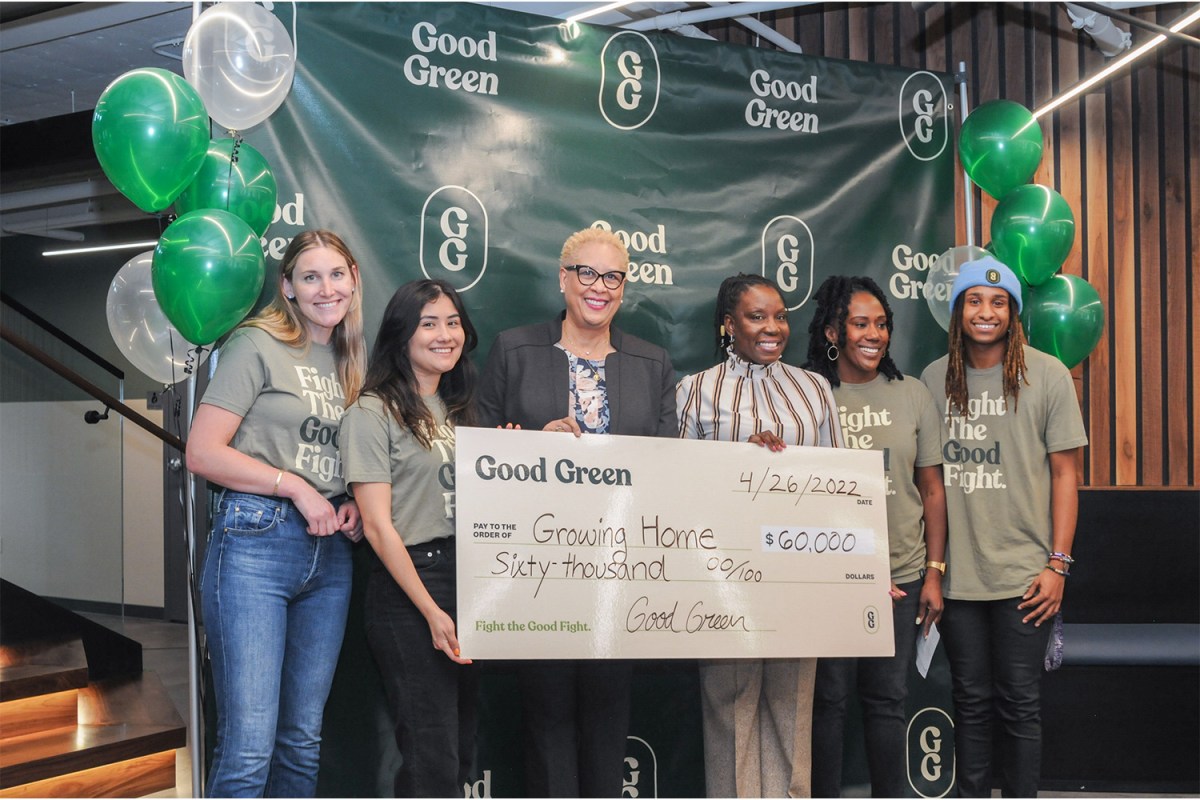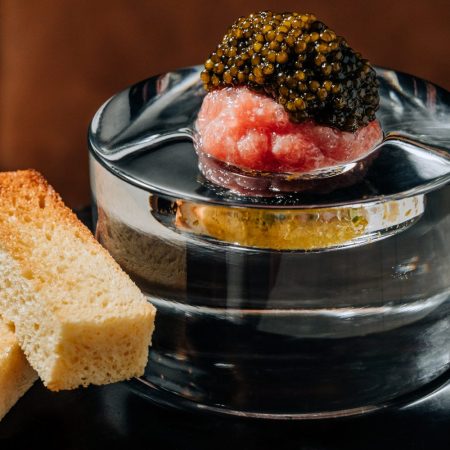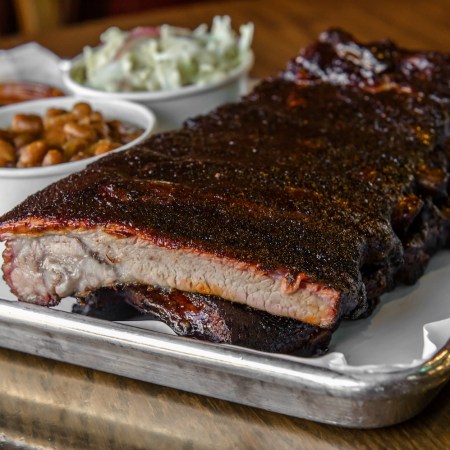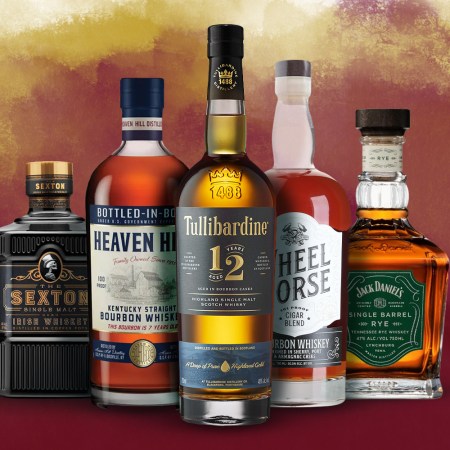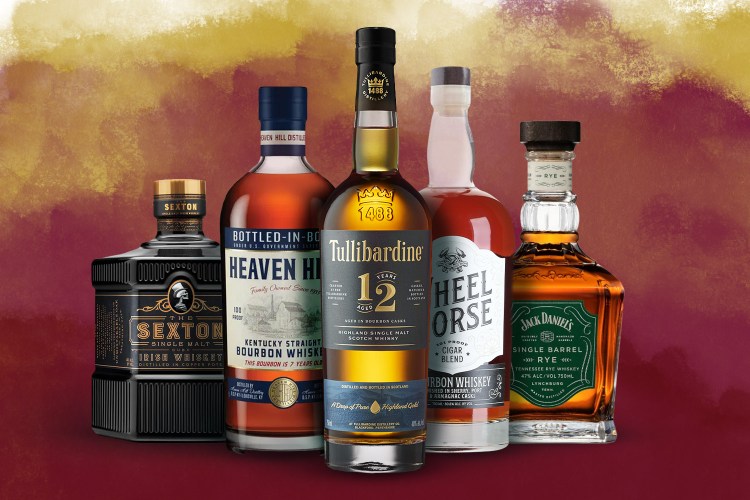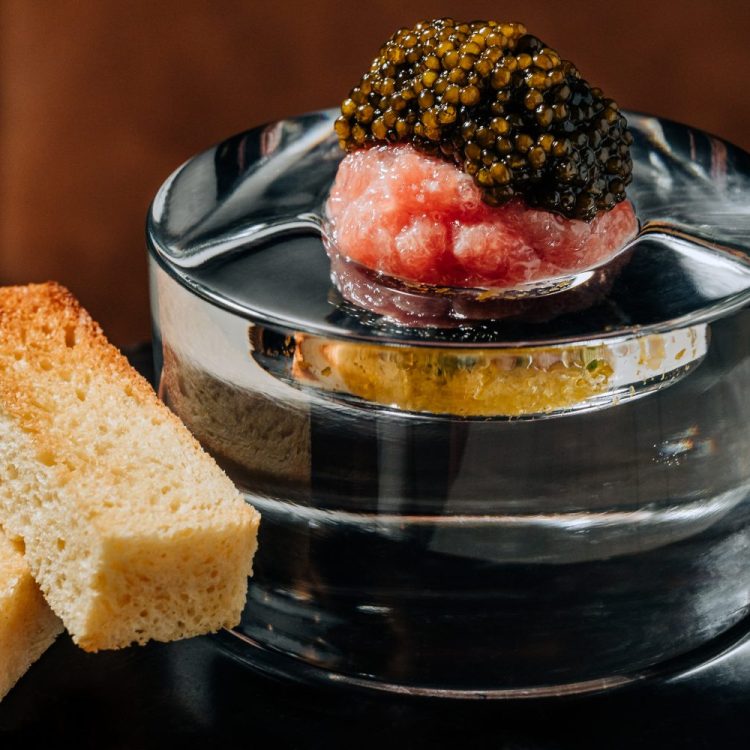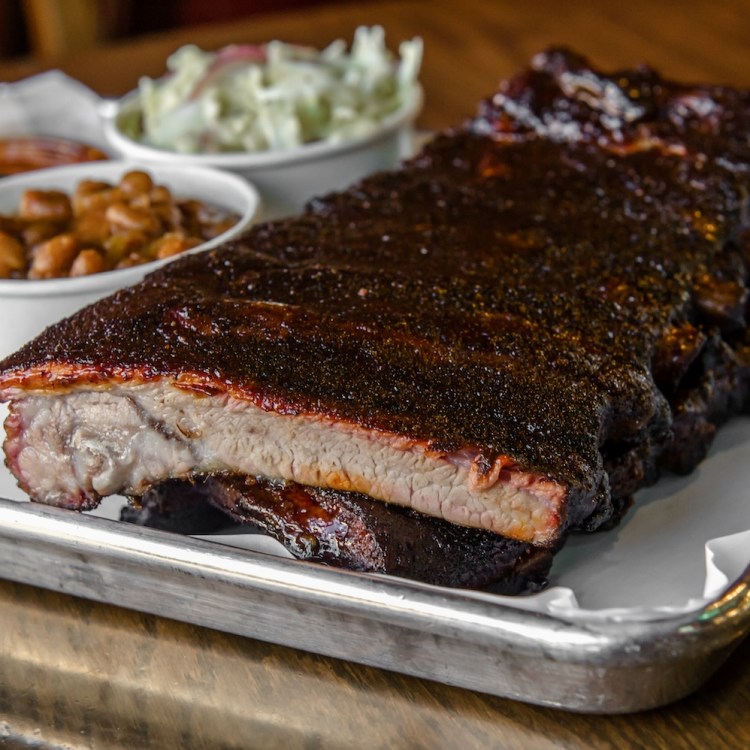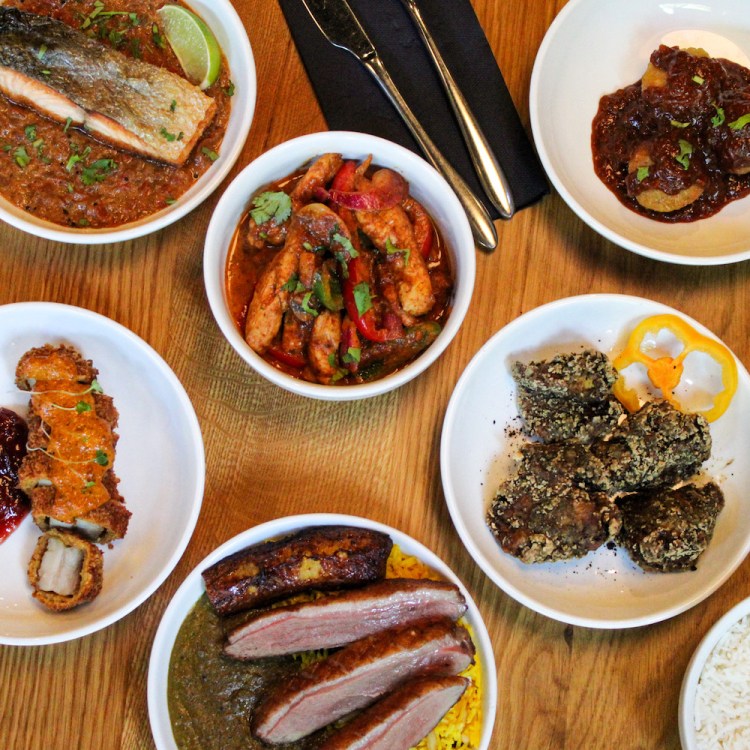Jai Kensey worked in corporate global PR work before devoting herself to the nonprofit sector — and now to her current role in cannabis equity, as director of social impact at national cannabis retailer Green Thumb Industries. The brand’s Good Green Grant Program offers financial and industrial support to communities impacted by the War on Drugs, through education, employment and the expungement of criminal records. It’s on track to distribute $1 million in grant funds by the end of 2022.
InsideHook talked to the Chicago-based advocate about Good Green’s efforts to elevate Black cannapreneurs, one leafy network branch at a time.
InsideHook: Cannabis is radicalizing some folks. Can you tell me a little bit about your journey?
Jai Kensey: This isn’t something that’s just a job. I’ve lived this. My whole family smokes cannabis. My young nephew got wrapped up in something, and his white weed distributor received immunity just to testify against him. Now he has two cannabis felonies. We’re still working to try to get it expunged from his record.
Tell us about your work with Good Green and how it’s helping folks like your nephew.
Through the grant, we support organizations that support expungements for people. It’s important to support organizations that are in the trenches, doing the work. Our Good Green grant really focuses on three areas: expungement, education and employment. We really look to organizations across the US that can provide those services to individuals who have been impacted by the war on drugs.
Tell us about a few of the movements that Good Green has aligned with.
There are organizations out here doing some tremendous work. Reverend Michelle, for example, won a grant in our first round. Her organization, Why Not Prosper, supports women who are incarcerated and formerly incarcerated.
Growing Home in Chicago is another group we gave a Good Green grant. They’re providing workforce development. You hear testimonials from people who have had nothing, who are basically learning how to grow their own food, how to be more self-sufficient, how to come in and get a job, how to work in a garden, and how to leverage those skills to get into other job placements.
The Good Green grant has really given us an opportunity to tap into those organizations. When we talk about shining the light on us, it was really about shining light on those organizations and the work that they’re doing. We do the easy part, providing the resources to help fuel their missions. It’s our job and our duty to do that.
So it sounds like your organization combines several different aspects, in addition to a standard incubator program for cannapreneurs.
We’ve sponsored a number of incubator programs, but we also have licensed educational assistance programs through the diversity, equity and inclusion pillar of our social impact efforts. Through that, we’ve helped with license applications for individual social equity applicants here in Illinois, and then we’ve hosted webinar series in Connecticut, where we might hear questions like “How do you fill out the application for the license?” “How do you walk through the portal so that you do it correctly — so you don’t make the mistake and miss out on an opportunity?” And “How do you even qualify to be a social equity applicant?”
Let’s chat more about your partnership with cannabis education. Why that extension?
It’s important for us to partner with organizations like Olive-Harvey and the Cleveland School of Cannabis [state-operated cannabis educational programs] and provide contributions to them for scholarships for the students. We also invite them in — they deserve to have that exposure, which might open their minds. There’s sort of an ocean of opportunities for them.
What misconceptions about working in cannabis would you like to address?
The dispensary door is not the only door to get into cannabis. There are tons of ancillary opportunities if you want to work in marketing, in community outreach, or in PR — whatever it might be. You can do whatever you want to do in this space. It doesn’t have to be plant-touching.
This article was featured in the InsideHook Chicago newsletter. Sign up now for more from the Windy City.
